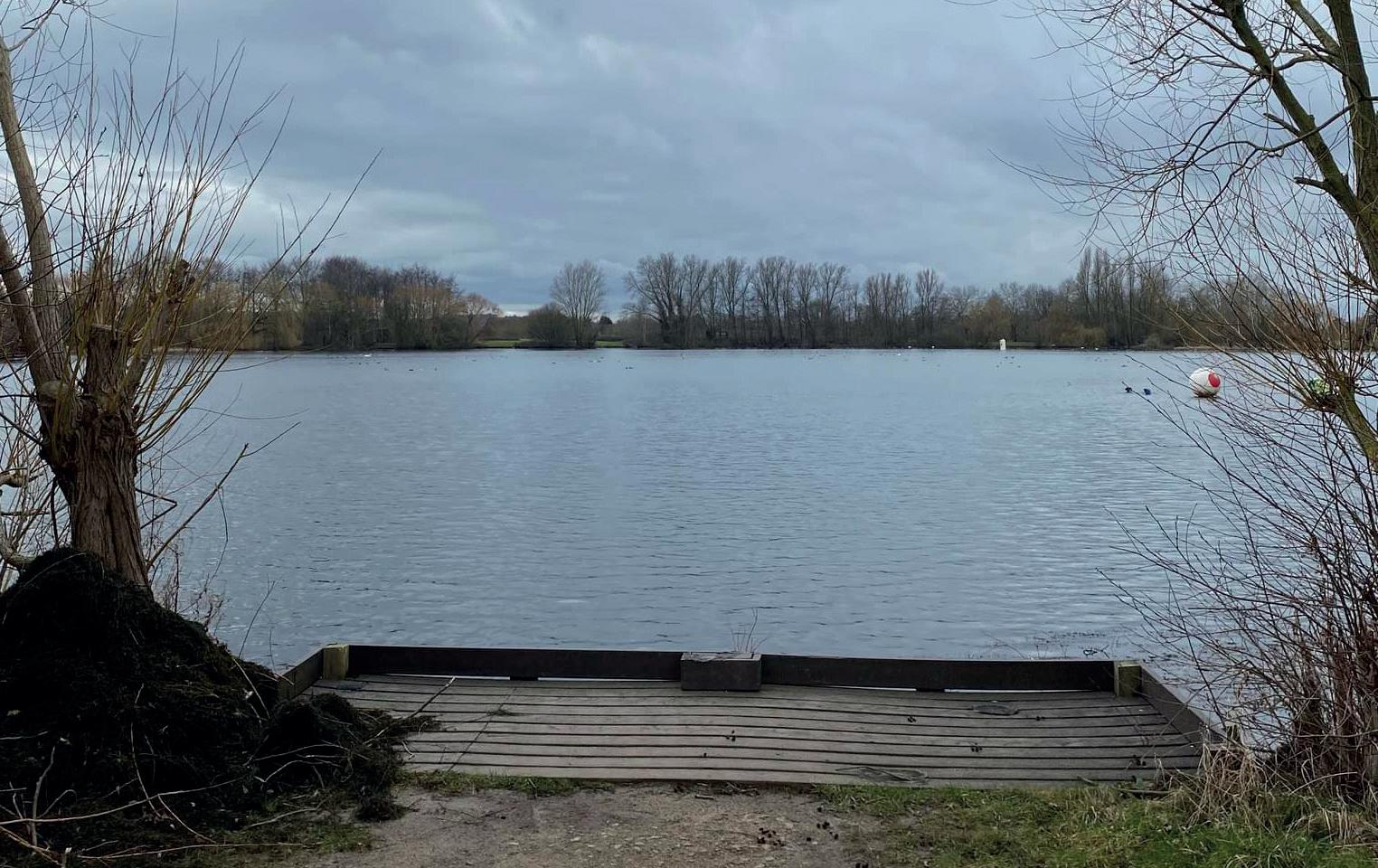
4 minute read
Warming Up to Cold Water Swimming 26
Impact’s Anna Boyne shares the physical and mental benefits of cold-water swimming and reveals her own experience of trying it out at Colwick Country Park.
Swimming in a lake may not sound like most people’s idea of fun – let alone in winter when temperatures are in the single digits. However, cold-water swimming is swelling in popularity. Participants are raving about their experiences and the rejuvenating effects. Anna Boyne wanted to test the waters and see if cold-water swimming lived up to the hype. Could numb toes and shivering for hours afterwards really be worth it?
Advertisement
Cold-water swimming - also known as open air swimming - has numerous scientifically proven health benefits. Of course, it’s great exercise, but compared to a heated swimming pool, the heart has to pump faster and therefore more calories are burned. The natural conditions of open-air water means your body might have to work harder than in a laned and chlorinated swimming pool.
Studies have also shown that it can improve sleep through stimulating the parasympathetic nervous system - a network of nerves that relaxes your body after periods of stress or danger - and, ultimately, help the body to rest and repair itself.
You may have heard about athletes taking ice baths after intense exercise. Cold-water swimming provides the same effects. It narrows the arteries, reduces potential inflammation, and soothes sore muscles.
Regular exposure to cold-water can boost your immune system. As the body is forced to react to the changing conditions within the water, more white blood cells are produced. It also increases your levels of the powerful antioxidant glutathione which is reduced by poor nutrition, environmental toxins and stress.
As well as physical impacts, cold-water swimming can be beneficial for improving mental health. As the body is submerged in cold water, we get close to our pain barriers.
Endorphins, a chemical produced to make us feel good during physical activity, are then released to help us cope with it. The result is a feeling of a natural high, mental clarity, reduced stress and improved concentration.
With so many potential benefits, why would you not want to dip your toe in some cold-water swimming?
Following a little research, I decided to go to Whole Health’s Mindfulness Dip in Colwick Country Park. Although apprehensive, I felt very safe. The team there was extremely knowledgeable and there was a lifeguard at hand. Before entering the water, Coach Cat answered all my questions and gave me a safety rundown. As the water was 6ºC, I was told that 6 minutes was the recommended swim time for a beginner.
At first, I walked in gradually to hip height then had to jump forwards to submerge my shoulders and start swimming. It was painfully cold, and my fingers and toes became increasingly numb. I also found my breathing became irregular so I had to focus on keeping calm.
Most people find that getting into the water is the most unpleasant part of a cold-water swimmer’s experience. However, I found the immediate after-effects were worse.
Even when I was dry with many warm layers on, I was shivering nonstop and didn’t regain feeling in my toes again for another hour at least. I was decidedly unimpressed
to be told that I might not properly warm up until the next day!
I certainly felt a sense of achievement for having completed my first cold-water swim and the overall experience was quite rewarding. However, I’m in no rush to make it my new hobby. I found that it was probably too much faff and too expensive to fit my student schedule and budget. 6 miles from University Park Campus, Colwick Country Park is relatively inaccessible by public transport, so I had to get a Bolt on my journey there as I was tight for time. On my way home, I had to walk an hour into town where I then got a bus back to campus. This was both time consuming and expensive, on top of the £10 I’d paid to do just 6 minutes of swimming!
The plunge pool in the Sports Injury Clinic in David Ross Sports Village could be a more student friendly alternative.For just £2.50, you can have a similar experience and reap many of the same benefits. In fact, some people might prefer not having to swim amongst animals and whatever else you might find in Colwick Lake.
If you’re considering giving cold-water swimming a go, I’d definitely recommend it. To see any noticeable benefits, you’d probably have to commit to swimming on a regular basis. Nonetheless, a one-off experience can still be fun, and I’m certainly not ruling it out as a potential hobby later down the line.
by Anna Boyne
Images by Anna Boyne










